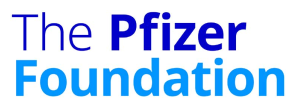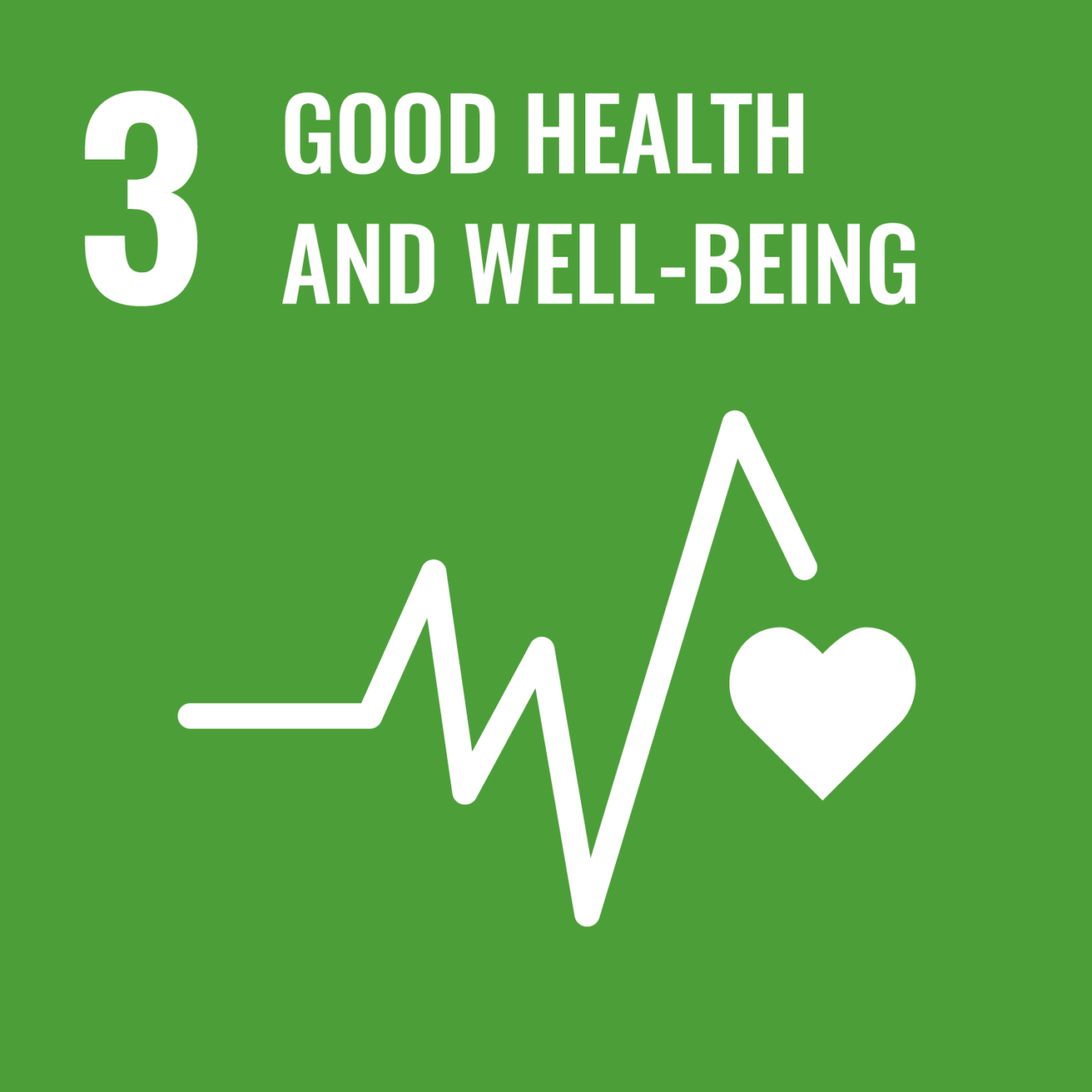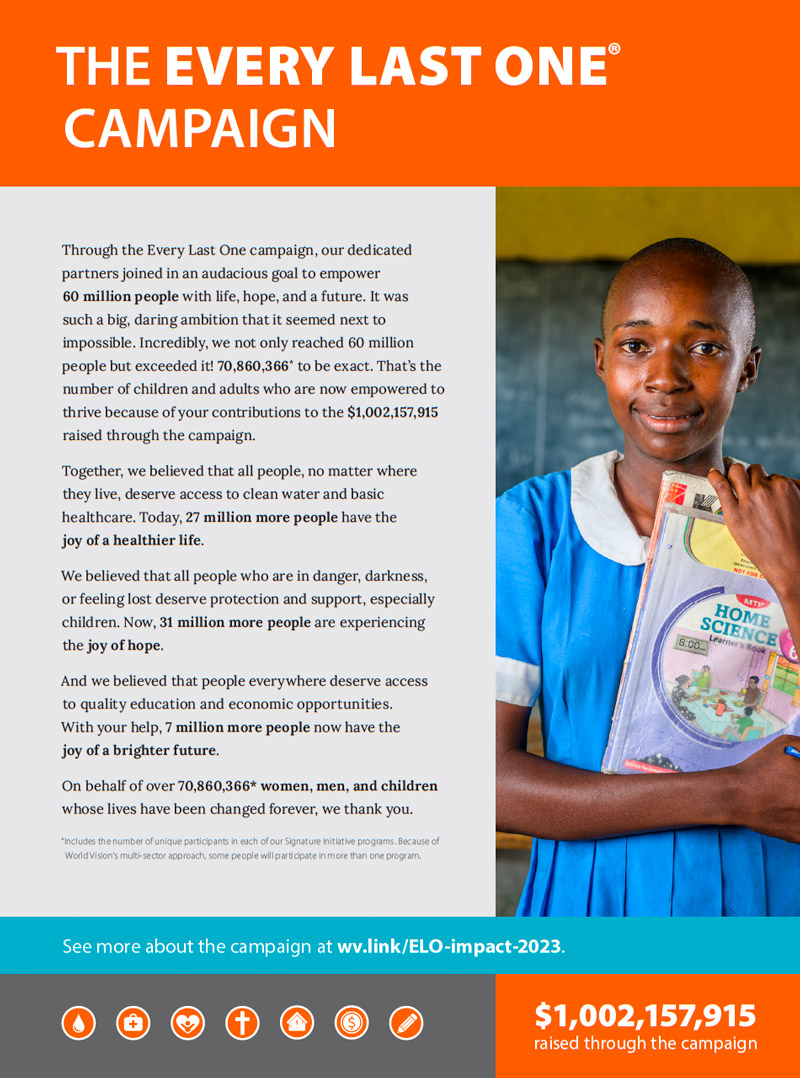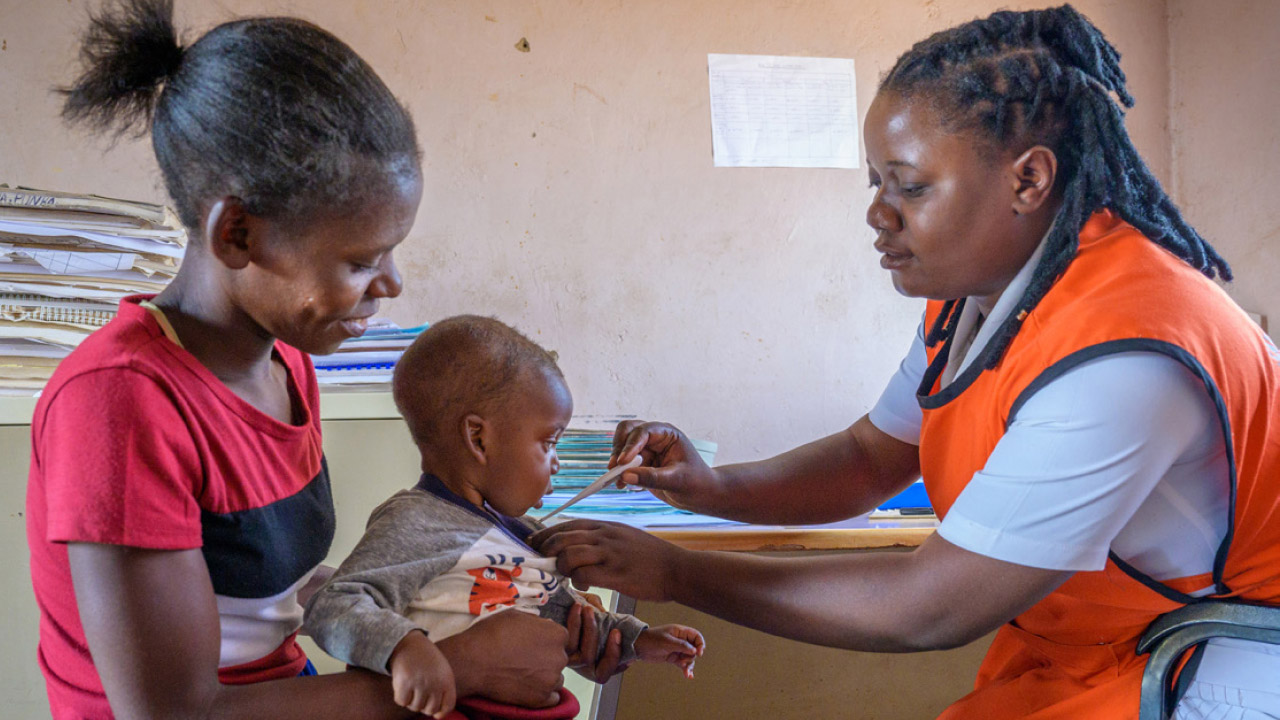

WORLD VISION PARTNER SINCE 2015
According to UNICEF, communicable and infectious diseases are the leading causes of death in children under the age of 5. This is particularly true for children in marginalized populations, where the tragedy of child mortality further contributes to the cycle of extreme poverty.
As one of the world’s leading biopharmaceutical companies, Pfizer—along with The Pfizer Foundation—is on the forefront of inventive solutions to such crippling healthcare problems. “We are committed to partnerships like this to improve community-based care and strengthen health systems to prevent, correctly diagnose, and appropriately treat infectious diseases among underserved communities,” said Caroline Roan, president of The Pfizer Foundation and vice president of Global Health and Patient Access at Pfizer, Inc. “Through this partnership with World Vision, we aim to contribute toward decreased child mortality.”
The Pfizer Foundation’s goal to drive catalytic change plus World Vision’s experienced, community-based approaches form a powerful partnership to strengthen vulnerable health systems and contribute to the U.N. Sustainable Development Goals. The Pfizer Foundation has supported global emergency response and maternal and child health programs in which World Vision’s strong local relationships provide the base for equitable and effective work that empowers families and communities. Starting with the community and listening to the people they’re serving enable The Pfizer Foundation and World Vision to achieve better outcomes.

Recently, The Pfizer Foundation and World Vision collaborated on the Expanding Access to Immunization and Treatment program, which aims to reduce mortality among 85,743 children under 5 in Uganda, by treating and preventing childhood illnesses. The project will improve demand and intake of child health services at the community level, strengthen systems and structures supporting child health interventions, and strengthen the child health information and supply system.
Since its inauguration, this program has screened 129,436 children under 5 for cases of malaria, diarrhea, and pneumonia, and reached 178,806 people with education on disease prevention and management. Through the program, 52 healthcare facilities have been supported, training 1,000 community health workers to provide quality care and 144 health facility staff in integrated management of childhood illness.
The Pfizer Foundation recognize that innovative, local-born solutions can create ripple effects that transform the healthcare landscape and redefine the way we fight infectious disease. Through partnerships like that with World Vision, meaningful and sustainable solutions can be found to address today’s and tomorrow’s biggest challenges, bringing equitable and affordable interventions to people who need them most and helping protect the world’s most vulnerable people.


Comments